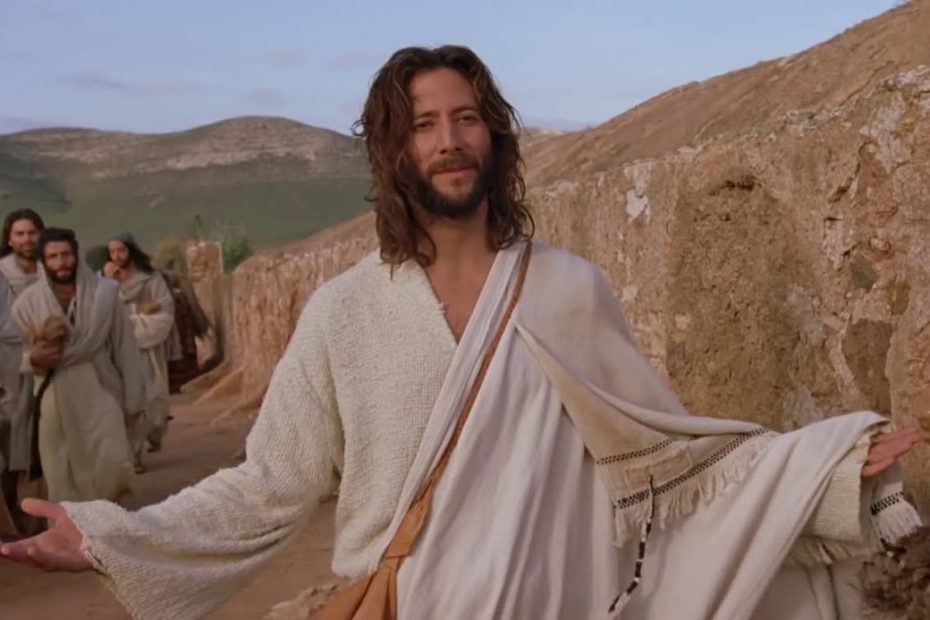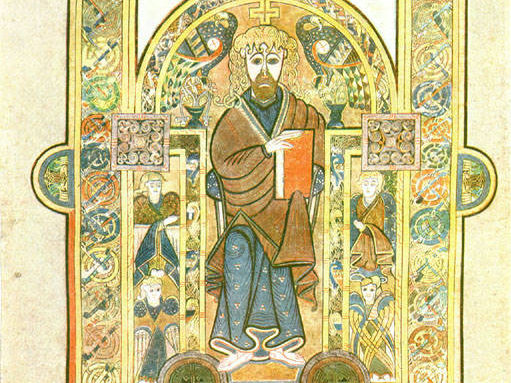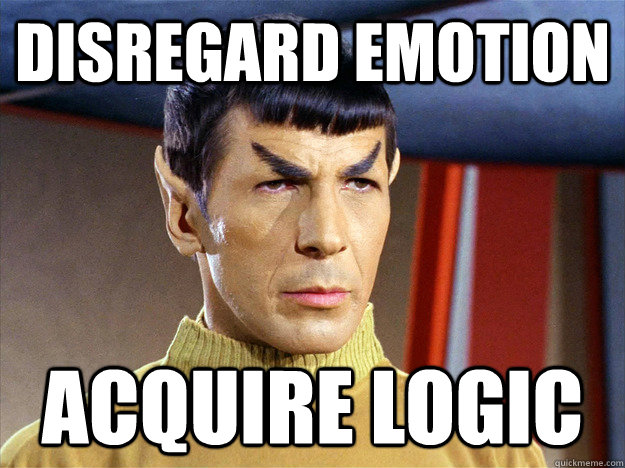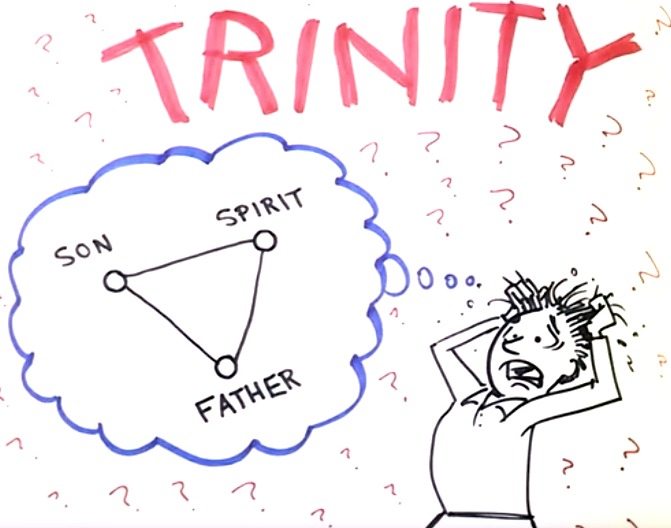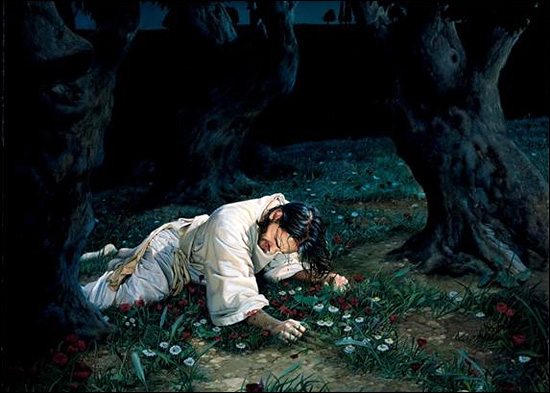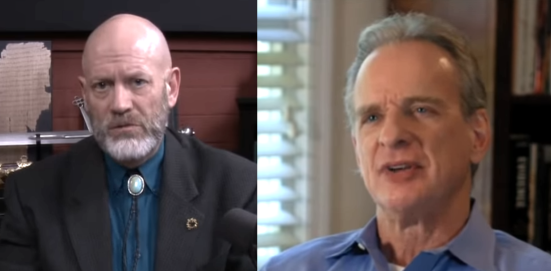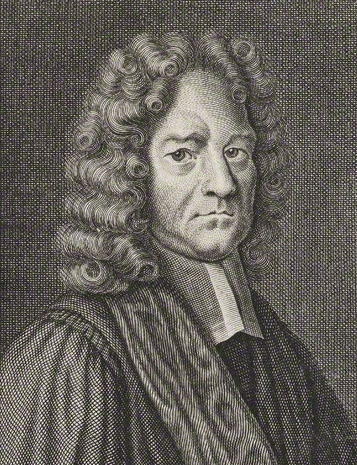Search Results for: Worship and Revelation 4-5
A letter from the Lord Jesus: About God and Me (Revised)
Dear Christian, I’ve been meaning to talk to you about God and me.
podcast 374 – Book Session Identity Crisis – Part 3
Q & A time, forgiving sins, Cerberus, and some answers critiqued.
Larry Hurtado on early Christians’ worship of Jesus
If the earliest Christians’ answer (re: how one can be a monotheist and yet worship both the one God and Jesus) was a good answer then, why isn’t it a good answer now?
podcast 258 – Who is the one Creator? – Part 1
What do both OT and NT clearly teach about who created?
podcast 235 – The Case Against Preexistence
Some reasons why we should think that the New Testament writers don’t believe that Jesus literally existed before his time in the womb.
SCORING THE BURKE – BOWMAN DEBATE – ROUND 3 Re-evaluated (DALE)
 The “Great Trinity Debate” has been interesting, exhausting, and a bit hard to follow. It would’ve been better to have somewhat shorter posts and required post-rebuttals. As it is, some of the debate has been tucked away in the comments of the posts, while the blog plugs away on other topics. This sort of substantial, quality content shouldn’t be hidden in comments.
The “Great Trinity Debate” has been interesting, exhausting, and a bit hard to follow. It would’ve been better to have somewhat shorter posts and required post-rebuttals. As it is, some of the debate has been tucked away in the comments of the posts, while the blog plugs away on other topics. This sort of substantial, quality content shouldn’t be hidden in comments.
I previously called round 3 a draw. But my call was premature; Burke kept punching, in a long set of comments (#4-15), which substantially strengthened his case. Bowman has left them unanswered for about a week, I believe, as I post this. I re-call this round now for Burke.
Revised score up through round 4:
Bowman: 0
Burke: 3
draw: 1
What he does is address some important texts which as usually read, assert or assume the claims that Jesus created the cosmos, or just that he pre-existed his conception. I can’t summarize Burke’s long exegesis, but I’ll hit a few highlights in this post. What he shows, drawing on some recent scholarship, is that the texts in question can be given non-arbitrary, plausible readings which are consistent with humanitarian christology.
Burke also rebuts some of Bowman’s points re: prayer to Jesus. Bowman argues that Christ can’t be a creature, and must be omniscient (hence divine), if he can hear and answer prayers. This argument is hardly a knockdown one.
Read More »SCORING THE BURKE – BOWMAN DEBATE – ROUND 3 Re-evaluated (DALE)
Anthony Buzzard: That Jesus Should be Worshiped Does not Imply that He is God

Sir Anthony Buzzard is the author of a number of books, including the 2007 Jesus Was Not a Trinitarian.
Interesting title, no?
Some Christians will think it true but trivial.
Others, against the evidence, assert it to be false.
Others will urge that he is implicitly but not explicitly a trinitarian, i.e. that his beliefs entailed it, though he did not believe it.
I agree with with Buzzard, though, that it is both true and important. According to the gospels, Jesus’ beliefs included the numerical identity of the one true God with his heavenly Father, and we should assume him to be self-consistent on this subject, so he did not also think that the one true God is numerically identical to this: Father+Son+Spirit. (Things identical to the same thing must also be identical to each other.)
But isn’t Jesus worshiped in the New Testament? And doesn’t that show that he is God himself?
No – I agree with the substance of this recent video by Buzzard:Read More »Anthony Buzzard: That Jesus Should be Worshiped Does not Imply that He is God
Hyer on trinitarian confusion
Former Episcopalian G.W. Hyer on the confused mind of the trinitarian layperson.
podcast 364 – The God who Suffers: a Response to The Reluctant Theologian Podcast 118 Why did God become incarnate?
Evaluating three proposed reasons why God would be motivated to incarnate.
Origen, Paul, and Peter: Christians worship the Jews’ god
An interesting little exchange between Origen and the pagan critic Celsus about the god of Christians.
Jesus and “God” – Part 10 – What is worship? (Dale)

- Nothing is appropriately worshipped except God.
- Jesus is appropriately worshipped.
- Therefore, Jesus is God.
This argument is valid. But is it also sound?
It may depend on what is meant by the term “worship”. It seems to me that many contemporary Christian philosophers and theologians understand “worship” in a way that makes 1 true by definition. Read More »Jesus and “God” – Part 10 – What is worship? (Dale)
podcast 304 – The Absolute Basics of the Christian Faith
A Wesleyan ministry tells new Christians about “The Absolute Basics of the Christian Faith.”
SCORING THE BURKE – BOWMAN DEBATE – ROUND 6 Part 1 – BURKE
In the 6th and closing round, Burke argues from reason, scripture, and history. From reason: The Trinity doctrine, argues Burke, is inconsistent with itself. The “Athanasian” creed presents us with three, each of whom is a Lord, and yet insists that there is only one Lord. As some philosophers have pointed out, it is self-evident that if every F is a G, then there can’t… Read More »SCORING THE BURKE – BOWMAN DEBATE – ROUND 6 Part 1 – BURKE
podcast 139 – Two Perspectives on the Doctrine of the Trinity in the Early Church
Is the Doctrine of the Trinity articulated in the New Testament?
podcast 161 – Dr. Paul Moser on Conforming Philosophy to Christianity
“… and hope does not disappoint us, because God’s love has been poured into our hearts through the Holy Spirit that has been given to us.”
podcast 286 – Is the Trinity Essential? – Three Views
Is “the doctrine of the Trinity” essential to salvation? To Christianity?
podcast 5 – Anglicans Defending “Athanasius”
This time, an answer to Nye by Anglican minister and writer William Sherlock (c. 1641 – 1707 – pictured to the left). He offers a unique, but to us surprisingly contemporary rational reconstruction of the claims in the “Athanasian Creed.” Did he convince his fellow Anglicans that the “Athanasian Creed” is, after all, self-consistent? We’ll also look briefly at a sort of defense of the “Athanasian… Read More »podcast 5 – Anglicans Defending “Athanasius”

